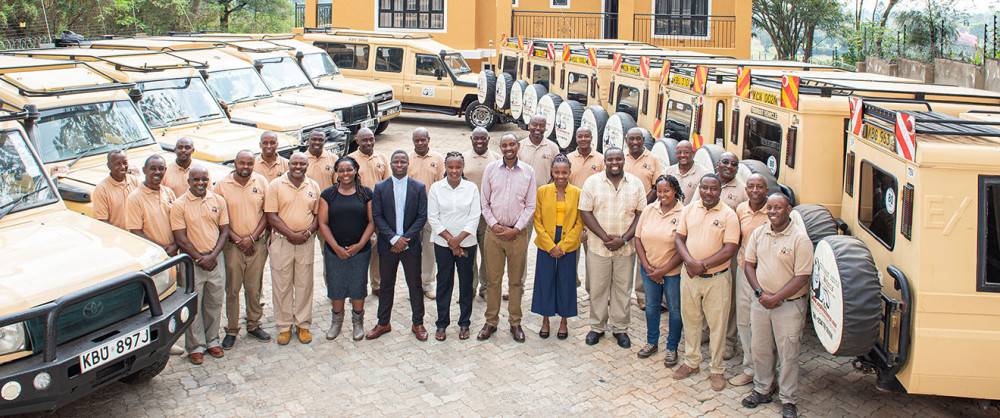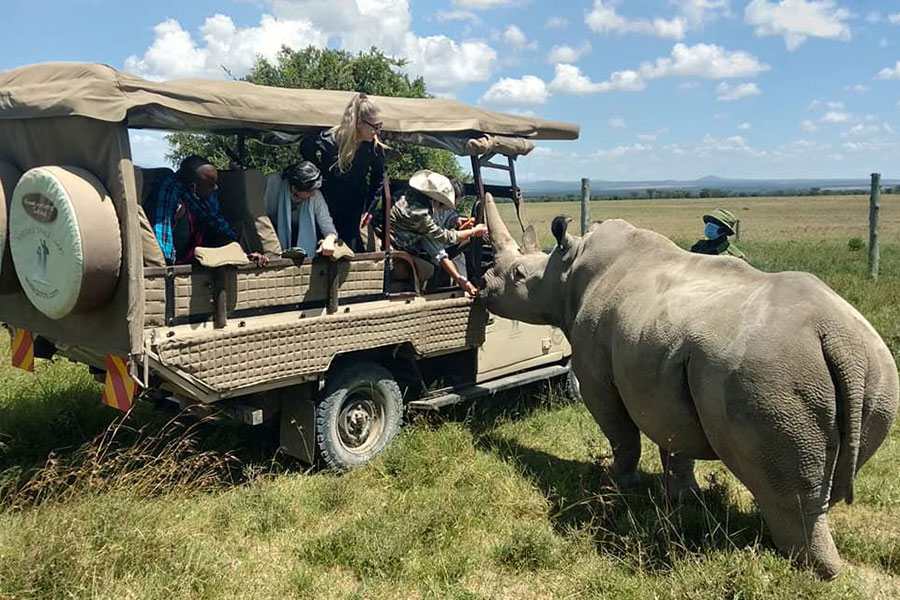Good Info To Deciding On Devil666 Slot Sites
Wiki Article
What Safety And Security Considerations Must I Be Aware Of When I Am In Mombasa?
To make sure that your trip to Mombasa is enjoyable and hassle-free, you should be aware of the safety and other security concerns. Remember these essential factors:
1. General Security
Stay informed. Stay up-to-date with local news and travel warnings from your country of residence.
Register at Your Embassy.
2. Health Precautions
Vaccinations: Be sure to stay up-to date with routine vaccinations. Consider additional vaccines like Hepatitis B and A as well as Typhoid or Yellow Fever.
Mombasa is a malaria-endemic area and, is best avoided. Make sure you take antimalarial medicine, apply insect repellent, sleep in mosquito nets and wear long-sleeved clothes at night.
Food and water security Food Security: Drink bottled, boiling or well-cooked water. Avoid freezing. Street food should be avoided.
3. Personal Security
Avoid walking at night alone: stick to well-lit areas and areas with a lot of people. Avoid walking in the dark on the beach or in areas that are quiet.
Secure your valuables. Use hotel safety deposit boxes to store valuables like passports and money. Don't display expensive items such as electronic devices or jewelry.
Secure Transport: Only take licensed taxis. You can also select the ride-hailing service or use transportation provided by the hotel. Beware of taxis that aren't identified.
4. Local Laws and Customs
Respect local culture: Dress modestly when you visit religious sites. Be aware of local traditions.
The Kenyan Drug laws are strict, and they carry harsh penalties. Avoid involvement with illegal drugs.
Always ask for permission when taking pictures, particularly in areas of rurality and government or military buildings.
5. Beach and Water Safety
Be safe when swimming. Pay attention to the local news regarding currents, conditions and swimming. Make sure you are in designated swimming areas.
Marine Life: Be aware of marine wildlife such as jellyfish and Urchins. Walking along the beach requires proper footwear.
6. Crime Prevention
Petty Crime: The theft of purses and bag snatching are common, particularly in crowded areas. Be aware and keep your valuables within reach.
Beware of people who offer excessively generous services or offers which seem too good-to-be true. Make sure to use licensed tour operators.
Emergency Contacts: Get familiar with local emergency numbers such as Fire (999), Ambulance (999), and Police (999). Always keep the contact numbers of the embassy or consulate in mind.
7. Natural Hazards
Weather: Mombasa experiences a tropical climate. Heavy rains and flooding can occur, particularly during the rainy season. Be aware of forecasts for weather.
Sun Protection Use hats and sunscreen to prevent burning and heat exhaustion.
8. Travel Insurance
Comprehensive Coverage: Make sure you are covered by travel insurance that covers medical emergencies, theft, loss, and travel disruptions. Verify the coverage of your policy in relation to activities such as water sports.
If you consider these security and safety aspects, you'll have a more enjoyable holiday in Mombasa. Take a look at the top island snorkeling in mombasa for more info including african safari tours kenya, kenya safari packages, kenya safari and beach packages, mombasa tour packages, tour agents in kenya, kenya africa travel, tours safari africa, kenya tour operator, mombasa tour companies, kenya africa travel and more.

What Are The Weather Concerns I Should Be Aware Of While On Holiday In Mombasa?
It is important to understand the weather patterns in Mombasa prior to packing your bags and get the most out of your time off. Here are a few key factors to consider:
1. Climate Overview
Mombasa is a tropical city with warm temperatures all year round. Expect temperatures that are warm, ranging from 24degC and 32degC.
2. Seasons
It is the hot and humid season between November and April. This is the most popular tourist season.
Long Rains from April to June: Heavy rainfall and storms are common throughout the season of rain. It is sometimes difficult to drive on roads with mud. This is the low season for tourism.
Cooler Season (June September - October) You can enjoy the lower temperatures and humidity throughout this time. The general weather is pleasant, making it the perfect time for outdoor activities.
Short Rains: In this period it is a time of fewer and less severe rain showers. The rains are usually brief, and then they are followed by sun.
3. Packing Tips
Lightweight Clothing: Bring lightweight and breathable clothes like cotton and linen to stay cool in the summer heat.
Take rain gear with you if you are traveling in the season of rain. This includes a waterproof jacket as well shoes.
Sun Protection: A sunscreen that is high in SPF, wide-brimmed caps, sunglasses as well as light clothing and covering your skin with light clothes can protect against strong sunlight.
Swimwear is essential for the beach and the hotel pools.
4. Weather Specific Activities
Beach Time: The ideal season to hit the beach is between June and October, during which the weather is nice and the sea conditions are good.
A calm and clear ocean is perfect for snorkeling, diving, and water sports, from November to March.
Wildlife viewing. The cooler seasons (June-October) are also ideal for wildlife excursions or safaris since temperatures are more bearable.
5. Health Concerns
Hydration: Keeping hydrated is vital for those living in the hot, humid climate. Take a large amount of water if you are planning to spend time outdoors.
The risk of heat-related illnesses is to be aware for heat exhaustion, heat stroke and other heat-related diseases. Wear loose clothes and frequent breaks in shade. Avoid intense exercise during heat peak.
6. Travel Adjustments
Traveling during the rainy season If you are planning to travel during the prolonged rainy season be prepared for potential delays in travel. It is possible that roads are impassable and outdoor activities may be restricted.
Delays in flights: Tropical storms and rain can lead to delays for flights. Be aware of your travel plans, and prepare contingency plans.
7. Environmental Concerns
Natural Hazards - Remember that heavy rains can lead to flooding. Be aware of the current weather conditions and seek local advice on safety.
Be aware of tides when planning your beach activities. They can be drastically different. Be sure to check tide schedules for safety while beachcombing and swimming.
Knowing these weather conditions can help you plan your trip and prepare appropriately, so that you are able to enjoy your time in Mombasa safely. Follow the top airport transfers kenya for blog examples including safari trips in kenya, mombasa beach kenya, kenya travel packages, safar kenya, tour company, tours and safaris, travel & tours company, safaris beach, trips to kenya africa, travel tours in kenya and more.

What Environmental Responsibilities Do I Have To Be Aware Of When I Am What Environmental Responsibilities Should I Be Aware Of When Traveling Mombasa, Kenya?
It is vital to take care of the environment when traveling in Mombasa. This will help preserve the beauty and diversity of this region. Here are a few important ecological responsibilities to take into consideration:
1. Sustainable Accommodation
Hotels that are eco-friendly: Select a hotel that is committed to sustainability. Look for eco-labels and certifications such as Eco-Tourism Kenya.
Participate in hotel initiatives that promote water and energy conservation. Reuse towels and linens switch off the lights and air conditioning when being used.
2. Responsible Wildlife Viewing
Keep away from wildlife: from them in order to prevent disturbing. Your guide on your tour will provide you with instructions.
Beware of feeding wildlife: Feeding animals can disrupt their diets.
Leave No trace. Do not litter the wildlife parks or reserves. Bring all of your garbage along with you, and then dispose of it properly.
3. Plastic Reduction
Reduce the use of plastics by using single-use. Bring a water bottle along with a reusable bag and tools.
Support Local Initiatives: Participate in or help local beach clean-up efforts and organisations working to decrease plastic pollution.
4. Water Conservation
Mombasa is experiencing water shortages. Reduce your shower time and turn off the faucets when they are not being used.
Utilize eco-friendly and biodegradable toiletries To reduce water pollution make sure you use eco-friendly and biodegradable toiletries.
5. Energy Conservation
Reduce energy use: unplug electronic equipment when it is not in use and restrict the usage of air conditioners.
Encourage Renewable Energy: Look for accommodations and tour operators using renewable sources of energy.
6. Sustainable Transportation
Public Transport: Take advantage of public transportation, such as matatus and buses, whenever it is possible to decrease the carbon footprint.
Think about short-distance walks or renting bicycles. Certain areas offer eco-friendly taxis.
7. Supporting Local Business
Buy Local: Purchase items such as souvenirs, craft items and meals locally to help local businesses.
Fair Trade - Select fair trade products so that you can be sure that local farmers receive a fair price.
8. Environmental Education
Learn and share Learn and Share - Get educated about the local environment, and the conservation efforts. You can share with others what you discover to increase awareness.
Respect local cultures. Understand and respect local customs and practices in connection with the preservation of resources in the environment.
9. Marine Conservation
Responsible Snorkeling & Diving: Don't touch or step directly onto coral reefs. Use reef-safe, non-toxic sunscreen to protect marine wildlife.
Avoid dumping rubbish into the ocean. Participate in or support programs to protect marine habitats.
10. Ethical Souvenirs
Beware of Wildlife Products. Don't buy products made from endangered species like tortoiseshell and ivory.
Sustainable Materials: Choose souvenirs made from sustainable or recycled materials.
11. Participate in Conservation Activities
Consider volunteering in community tourism or conservation projects.
Support NGOs: Donate money to local NGOs or conservation organizations working to protect the environment.
12. Responsible Travel practices
Travel in small groups to minimize environmental impact.
Eco-Tours: Pick tour operators that are eco friendly and committed to sustainability.
In keeping these environmental responsibilities in mind, it's possible to help preserve the beauty and beauty of Mombasa and the diversity of this region for future generations. Take a look at the best Kenya safaris for blog recommendations including holiday packages mombasa, mombasa safaris kenya, africa in kenya, trips to kenya safari, luxurious african safari, kenya tours and travel, tour firms in kenya, africa tours and safaris, african safari kenya, tour agents in kenya and more.
